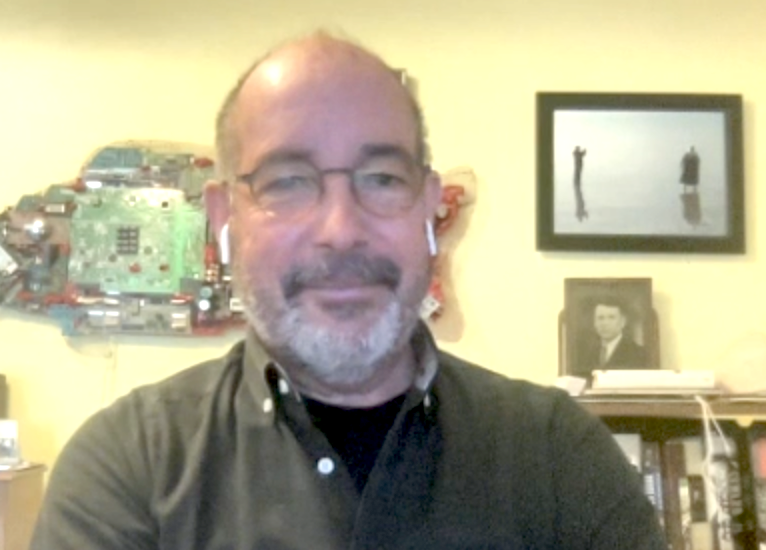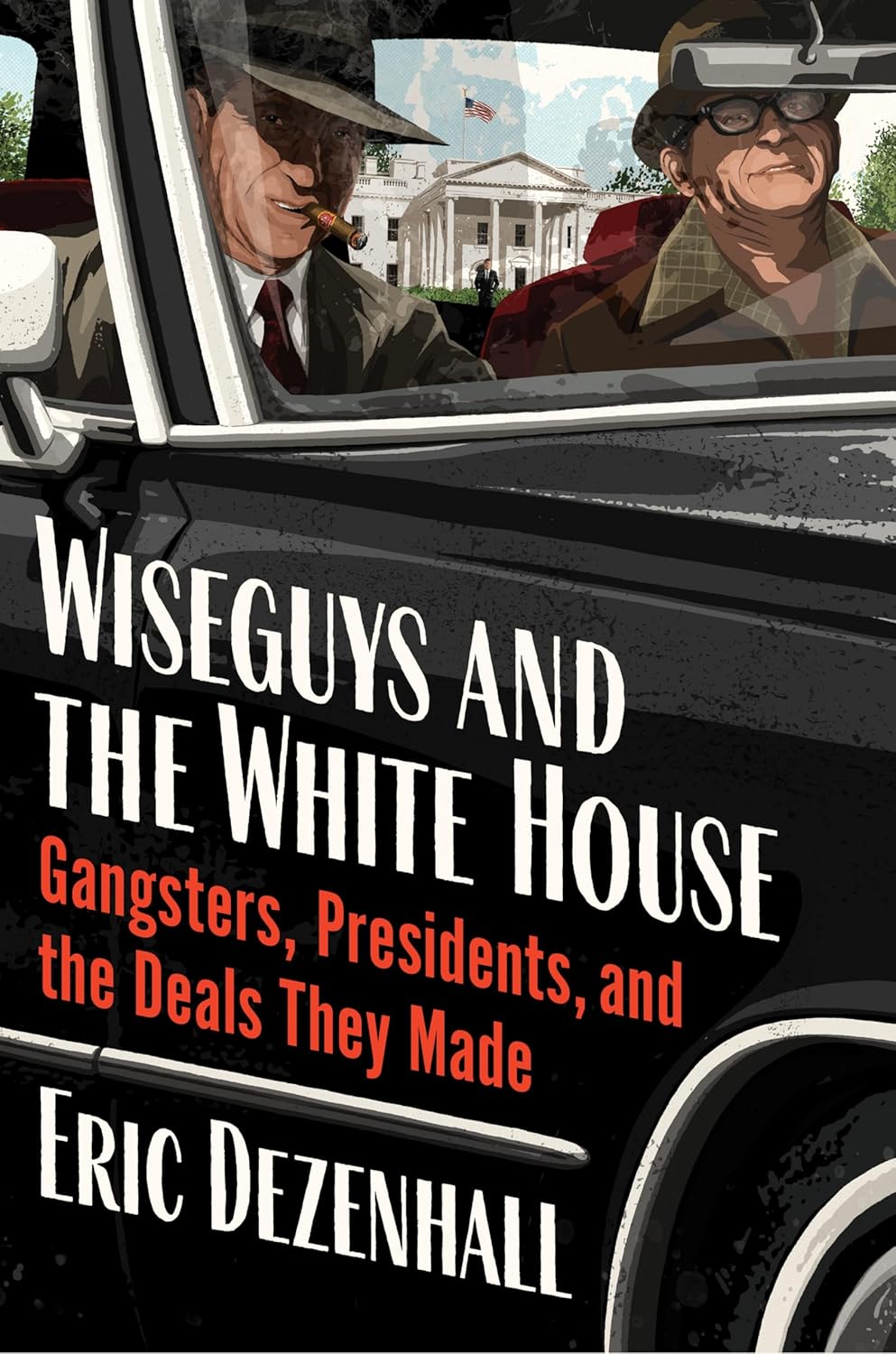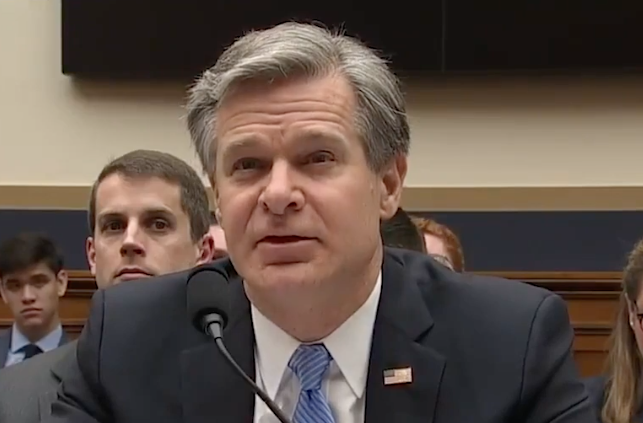 By Allan Lengel
For AOL News
By Allan Lengel
For AOL News
Forty years ago Tuesday, a van loaded with explosives rocked the University of Wisconsin-Madison campus, killing one person and wounding three others — all part of a protest against the war in Vietnam. It was also the biggest domestic terrorism attack until the Oklahoma City bombing 25 years later.
Three of four of the anti-war culprits were captured and served time in prison. But 40 years later, the hunt for the fourth suspect — Leo Burt, a student and aspiring journalist at the time — continues.
“We’re still pursuing leads like he’s still alive,” Bruce Carroll, a campus police detective assigned to the FBI’s Joint Terrorism Task Force, told AOL News. “I’ve expressed my doubts in the past that he’s still alive. It would be very hard to live totally undercover for 40 years. That being said, stranger things have happened.
“But we’ve had a bunch of leads and we still have leads that are active,” he said.
On Monday, the FBI upped the profile of the case, prominently displaying a story on its website that began: “Where is Leo Burt? You can earn up to $150,000 by helping us find him.”
The bombing occurred on Aug. 24, 1970. The country was in turmoil. Richard Nixon was president. The rock ‘n’ roll landscape was flush with giants like the Rolling Stones and Crosby, Stills, Nash & Young. And campuses like the University of Wisconsin-Madison and the University of Michigan in Ann Arbor were bubbling with the anti-war, anti-establishment sentiments that were polarizing the nation.
According to published reports, the protesters parked a van loaded with 2,000 pounds of ammonium nitrate and fuel oil outside the East Wing of Sterling Hall, which housed the Army Math Research Center that conducted research for the military. The building also housed the physics department.
The potent bomb went off at 3:42 a.m. The bombers said the explosives were never intended to hurt anyone. But the blast killed physics researcher Robert Fassnacht, a father of three, who was reportedly finishing up some work before heading off on a family vacation. It also wounded three others and caused an estimated $2.1 million in damage to the the university. As an aside, The New York Times reported that Fassnacht’s family said he was against the Vietnam War.
After the bombing, the hunt for the attackers was on. Karleton Armstrong was captured in Toronto in 1972 and sentenced to 23 years, but served only about seven. His brother Dwight Armstrong, who just died this year, was caught in Toronto in 1977 and served three years. And David Fine was captured in California in 1976 and served about three years.
Retired FBI agent Kent Miller, a deputy coroner in Wisconsin, was assigned to the case in the late 1990s. He said he “goes back and forth” as to whether fugitive Burt is still alive.
“I think there’s a good chance he’s still alive,” he told AOL News. “If he’s alive, he’s living quietly somewhere, most likely outside the country.”
Over the years, he said, the bureau followed up on hundreds of tips — including ones that Burt was homeless in Denver and working at a Costa Rican resort.
Forty years later, the incident is still not easy for some to talk about. In 1971, Paul Quin, a physics researcher at the the university who was injured in the blast, told the Wisconsin State Journal: “Sometimes I still think about [the bombing]. It sends a shiver up my spine when I’m working late on Sundays.”
But on Monday, Quin, who is listed as a physics professor emeritus, declined an interview with AOL News.
“I do not discuss this event,” he responded by e-mail.
As time passes, some of the links are vanishing. In June, Dwight Armstrong died at age 58 in Madison, Wis., The New York Times reported. After getting out prison, he served additional time for involvement in a methamphetamine ring. He then drove a cab, the Times reported.
His level of remorse was left in question.
He once told the The Capital Times in Madison: “We did what we had to do; we did what we felt a lot of other people should have done,” he said. “I don’t care what public opinion is; we did what was right.”




